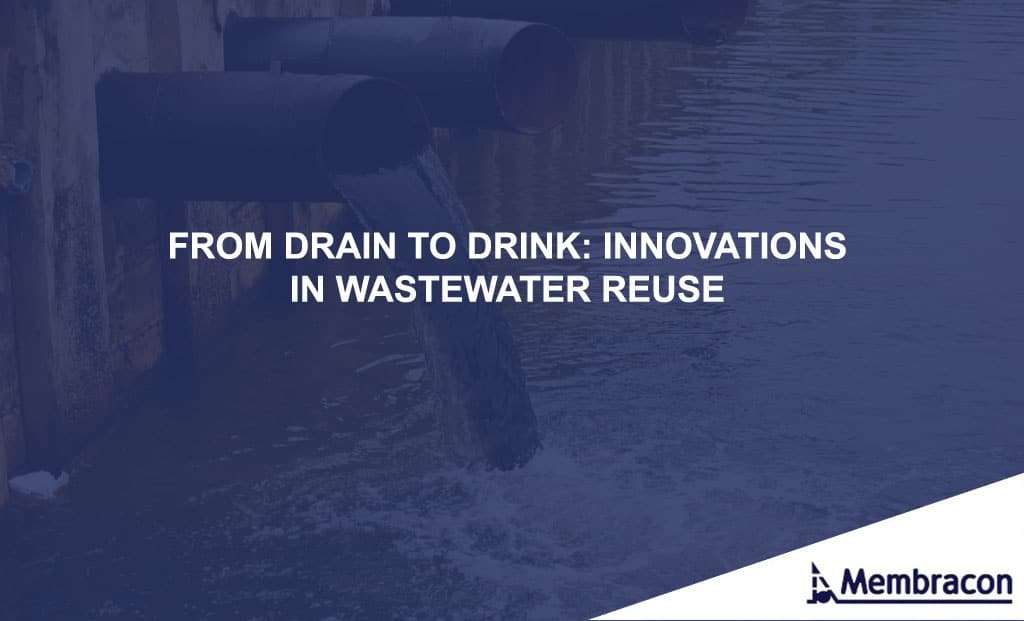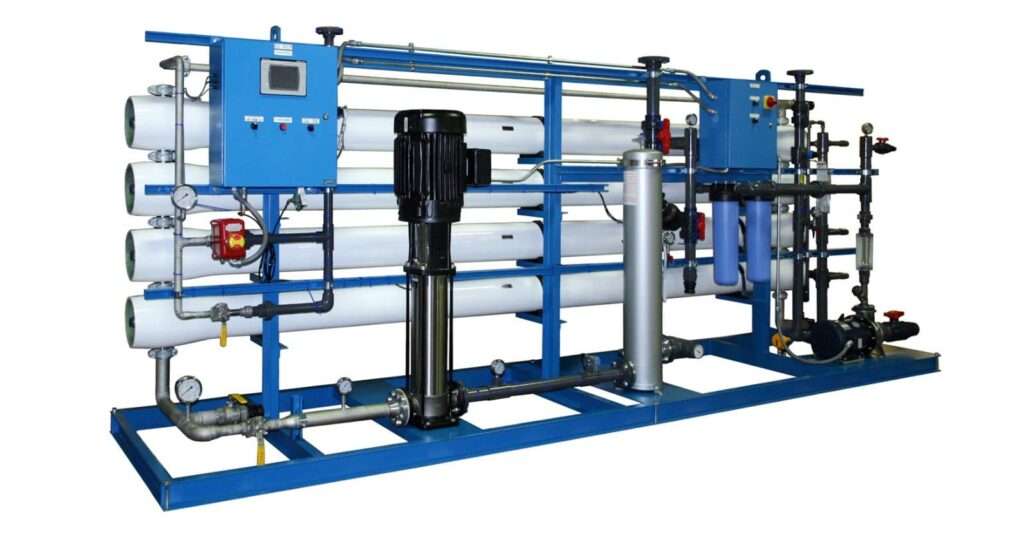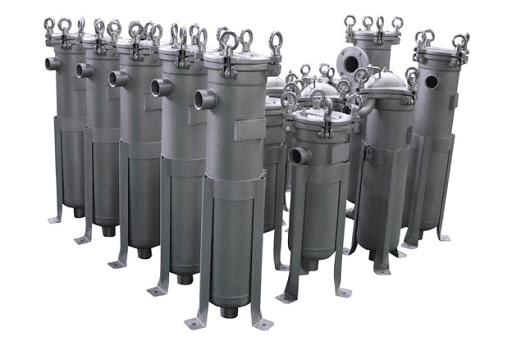
From drain to drink: innovations in wastewater reuse
With the correct treatment system, even the dirtiest wastewater like sewage can be transformed into drinking water.
If that notion disgusts you a little bit, that’s probably because you see sewage as waste rather than as the valuable resource it is.
Each day in the UK, sewers collect over 11 billion litres of wastewater, which equates to approximately 150-litres per person. This ends up in water treatment facilities, where it is processed to purify it so it can be discharged or reused.
Water treatment plants use specialised treatment systems that purify water to different specifications. For example, wastewater can be treated to make it into drinking water, or it can be de-chlorinated for organic agricultural use.
From drain to drink
Wastewater reuse is not a new concept, but water recycling rates have increased over the last 30 years as a way to reduce dependency on freshwater and meet the growing demand for water due to population growth.
The water that goes down your plughole ends up in a water treatment facility where it is treated in large tanks. There are a variety of processes that are used to make drinking water, some of which are modern innovations:
Ultrafiltration (UF)
Ultrafiltration is widely used in the commercial sector to make drinking water. These systems work by passing water through a membrane that filters out impurities. The filters can have a pore size as small as 0.01-micron, and they can filter viruses with a high enough pressure. This is a similar process to Reverse Osmosis but at lower pressure.
There are several advantages to ultrafiltration:
- No chemicals
- No electricity
- Performs at low pressure
- Blocks out viruses
- Suitable for pre-treatment and final filtration
- Minimal maintenance
- Membranes available in different sizes to block different particles
Ultraviolet Disinfection (UV)
UV Disinfection is another innovation in wastewater treatment. It has caught a second wind over the last 12 months due to COVID-19, with UV radiation (specifically UVC) proven to disinfect water by rendering the coronavirus inactive. UV light can also remove chlorine, chloramines and other compounds.
There are several advantages to UV disinfection:
- No chemicals
- Disinfects water from viruses and bacteria
- Does not affect the water’s taste, colour, or pH
- Minimal maintenance
- Removes chlorine, chloramines and other chemicals and organic compounds

Reverse Osmosis (RO)
Reverse Osmosis systems can be used in combination with Ultrafiltration and Ultraviolet Disinfection systems or on their own to treat water for reuse. RO systems are more efficient than ever, capable of removing most impurities from water so it can be reused. These systems work by forcing water through membranes at high pressure.
There are several advantages to reverse osmosis:
- No chemicals
- Removes a wide spectrum of contaminants
- Filters out some forms of bacteria
- Ideal for first and main stage water treatment
- Minimal maintenance
Can be used with UV and UF treatment for greater purification

The future of wastewater
Wastewater is a valuable resource that is readily available, and as the UK population increases, water demand is going to surge. This makes wastewater treatment important to meet the growing demands of people and businesses.
In terms of innovations in wastewater reuse, drinking water goes through at least two processes before it can be consumed: Reverse Osmosis and Ultrafiltration, the latter as either a pre or final treatment. UV Disinfection is another important process that is most relevant to the food and beverage and pharmaceutical industries.
Get FREE advice on the latest innovations in wastewater reuse by contacting us.

